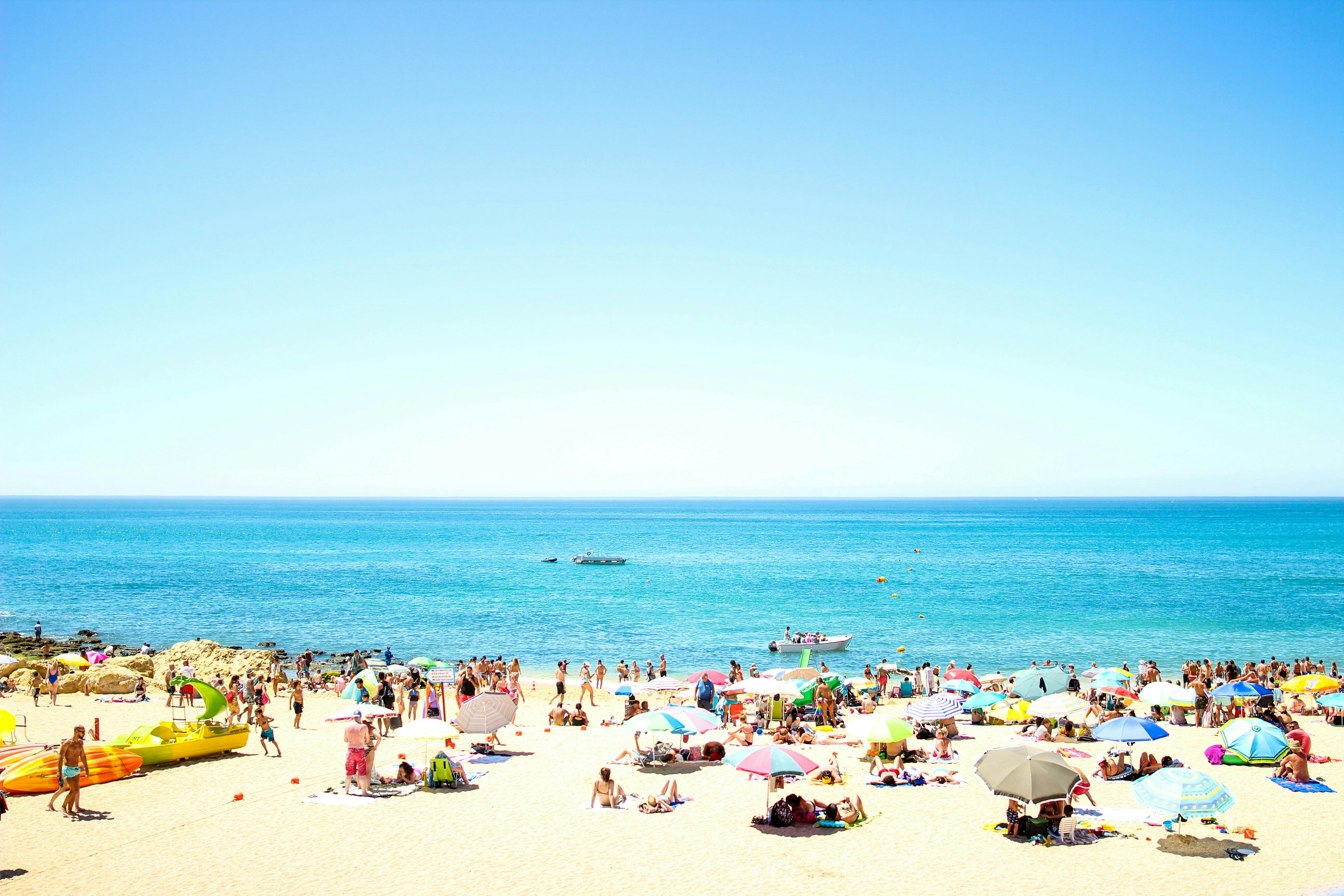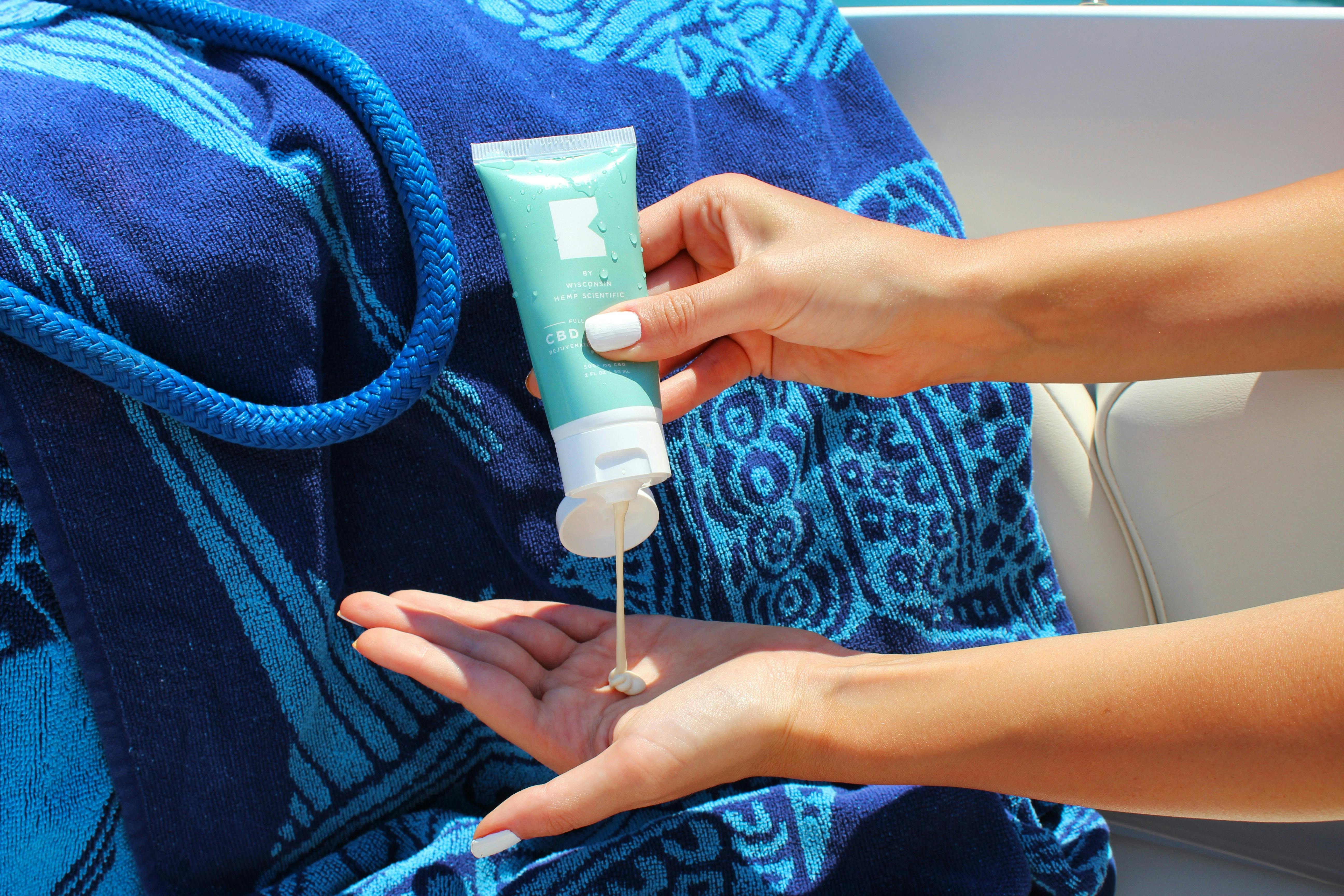For most North Americans, including us here at the wintery Swim Guide headquarters in Toronto, a seaside vacation is irresistible.
Taking a trip to somewhere warm and salty is very popular, especially with people from temperate countries. Travel Agent Central reported that in 2024 alone, the Caribbean welcomed more than 1,092,139 visitors, a 9.8 percent increase from 2023. It should come as no surprise that tourism makes up a huge percentage of the economies in tropical areas.
But how do we help ensure that our vacations do not result in significant and irreversible damage to the swimmable, drinkable, fishable water at our vacation spot? Local populations need clean water to drink, to swim, and to fish. As guests, it is important we understand local water concerns and minimize our negative impact on the marine environment.

As we gear up for March break, let's talk about ways to keep these places swimmable for both vacationers and locals:
Don’t relieve yourself in the water, and absolutely no swimming with diarrhea
Urine and feces, your body’s biowaste, belong in the toilet. There is no wiggle room here. And never, ever go swimming if you have diarrhea. That is an absolute rule.
Diarrhea is extremely contagious and is the leading cause of illness among swimmers. If you have diarrhea and go in the water you can give diarrhea to others, including your travel companions. The people you will most likely infect with your diarrhea include: babies, toddlers, children, pregnant women, the elderly, people with compromised immune systems, and the other vacationers as they have the most vulnerable immune systems.
Keep garbage out of the water
You can never take a vacation from cleaning up after yourself. The trash and other pollutants you leave on the beach grossly impact the environment by contaminating the water and endangering sea life.
Besides, nothing is worse than stepping on glass and trash during your sunset stroll down the beach, or getting hit in the face with plastic wrappers as you plunge into the sea. DO YOUR PART! Take a trash bag with you to the beach and make sure to dispose of your garbage properly (not just piled up neatly under your beach chair). If there are no trash bins on the beach, take your trash with you.

Your personal care products pollute the water
Everything you rub or spray onto your body will wash off in the water. In fact, it's found that roughly 14,000 tons of sunscreen enters waterways across the globe every year from both sunscreen applications and wastewater runoff. That's a lot of sunscreen! Scientists are discovering that there is an environmental impact to the organic and inorganic chemicals bathers world wide are introducing into the water with their sunscreen. The evidence is mounting that our lotions can reek havoc on marine environments, for example killing or damaging coral or causing toxicity in marine organisms. Commercial sunscreens are also full of nutrients, like phosphates, that are known to negatively alter the ecosystem and promote algae growth.

What can you do?
- Wear sun shirts and hats to protect yourself against the sun.
- Visit beaches outside of peak UV hours.
- Apply sunscreen an hour before hitting the beach so that is better absorbed.
- Choose a more environmentally friendly sunscreen.
Always remember that the countries hosting us are not a destination, but a home. We are guests. Be aware of your impact and help keep your favourite vacation spots swimmable for everyone.
